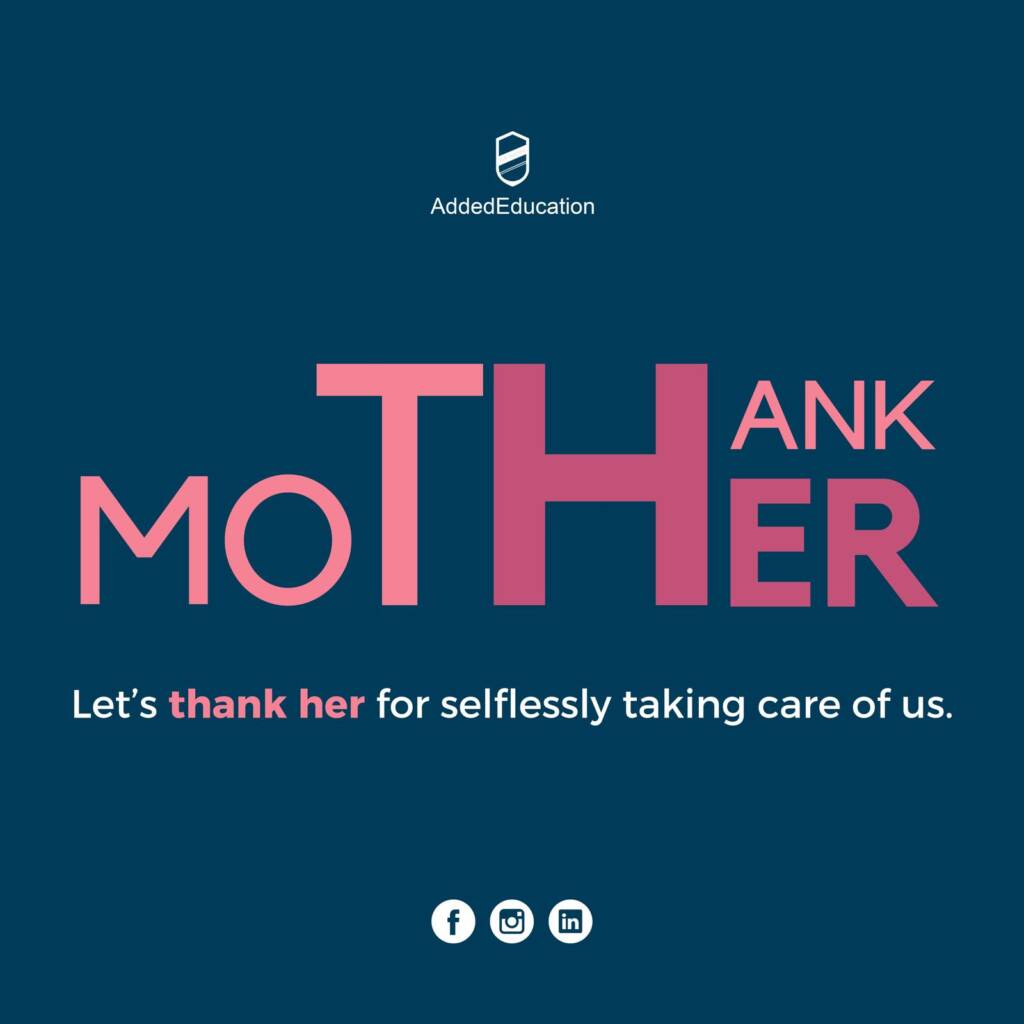If your child is applying to UK universities, here are some important changes to be aware of:
A New Format Is Coming for the Personal Statement
Starting in 2025 for 2026 entry, the traditional 4,000-character UCAS essay will be replaced by three short, structured questions. These will ask students about:
A Record-Breaking Year for AddedEducation Students
Why do you want to study this subject at university
What have you done in school (or independently) that shows you’re ready for this subject?
Any extracurriculars, personal experiences, or projects that relate to your course
Each answer will have a word or character limit (likely around 1,000 characters each, though the final format is still being tested).
By moving to structured questions, UCAS aims to level the playing field between students with lots of guidance and those with none. It also is designed to help admissions officers more easily assess relevant information.
What does this mean for international students?
For international families, especially those unfamiliar with the UK system, this change is hugely helpful. That means no more guessing what to write about: Each question has a clear purpose. It ensures your child’s application can stand on equal footing, no matter where they’re applying from.
For example: A student in Dubai applying for Mechanical Engineering doesn’t need to guess how much “personality” to include. They can directly explain their passion for design, mention the physics project they loved in school, and describe the robotics competition they entered. Done.
Other Recent Changes
Revamped References: UCAS has overhauled the reference letter format for 2024 entry, moving to three structured sections rather than one long recommendation. This helps school counselors and teachers focus on exactly what universities want to know (e.g. academic preparedness, skills, context), making references easier to compare across applicants.
Inclusivity and Data Tools: A “Historic Grades Tool” will be launched on UCAS, showing students the range of grades that were accepted into specific courses over the past five years. This helps applicants, including international ones, realistically gauge their chances and consider programs they might have thought were out of reach.
Single Application Fee: Starting with the 2024 cycle, all applicants pay one flat fee (£28.50 in 2025) to apply to up to five UK universities, instead of choosing between a cheaper single-choice fee or a multi-choice fee.
How to Support Your Child’s College Essay (Without Taking Over)
You want to help. You want them to shine. But when it comes to college essays, the line between support and overstepping can be thin. Here’s how to get it right.
What You Can Do:
What You Shouldn’t Do:
Don’t pick the topic for them. Let your child stories that are meaningful to them. Even something simple—like a part-time job at a bakery—can be powerful if it’s true to their experience.
When You’re Not Sure How Much to Help — That’s Where We Come In
Our role at AddedEducation is to support both students and parents during the essay process. We don’t write the essays, and we don’t turn your child into someone they’re not. What we do is:
We’ve helped students write about everything from haircuts to heartbreaks, internships to inside jokes—and land spots at the world’s top universities.
Exclusive Essay Crash Course for Students in Hong Kong
We're doing an exclusive essay crash course to help you write a killer college essay.
Session Date: June 10-14, 2025
Classes are at 5-7 PM HKT (Weekdays) & 11 AM – 1 PM HKT (Weekends)





